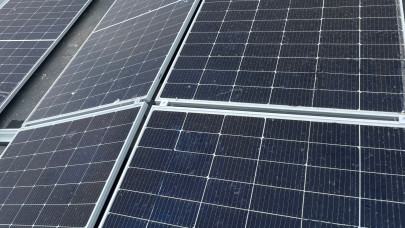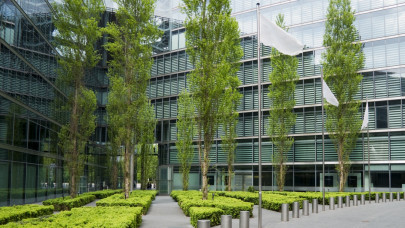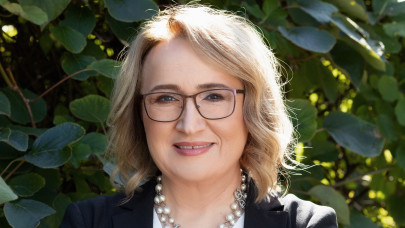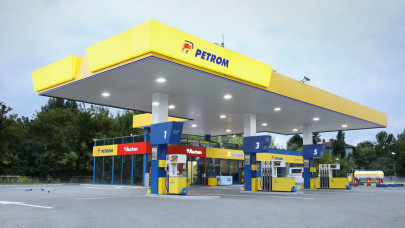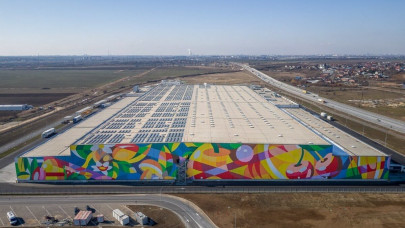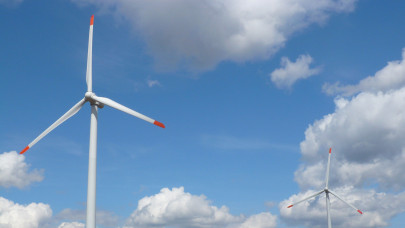The Romanian Energy Poverty Observatory (ORSE) is a project initiated by the Center for the Study of Democracy, a think-tank established in 2006 within the Department of Political Sciences, Faculty of Political, Administrative and Communication Sciences, "Babeș-Bolyai" University in Cluj, where it operates as an accredited research center. The aim of this initiative is to provide a 360-degree perspective on energy poverty at the national level, as well as the necessary expertise to combat this complex phenomenon, which affects a large part of the population.
The research will be carried out in the context of the implementation of the Enertown project, financed by Norwegian funds and carried out by CSD in partnership with the University of Stavanger in Norway for the exchange of good practices and the development of the capacity to implement the just transition, together with ECERA - a non-governmental organization with expertise in the area of energy and environmental policies - and Servelect - a company with expertise in the energy management of several localities in the small urban category.
The specific objectives of the project aim: to strengthen the capacity of local actors to navigate the challenges of the just transition in the context of the small urban area in Romania, to identify and quantify the specific challenges, and to produce intervention formulas that produce results in the community. The latter aims at renewable energy, energy efficiency, and sustainable energy security solutions. The project will take place in four urban localities in Cluj County: Huedin, Gherla, Turda, and Câmpia Turzii. The secondary objective is the transfer of the experience gained here to other localities in Romania.
Enertown offers the opportunity for parallel research, carried out on this occasion by ORSE, on energy poverty in the small urban. The project will run until December of this year.
"The way in which development in Romania took place after 1990 assumed specific challenges for the rural and urban environments. The small urban is distinguished by its own challenges, especially in the context of the development of large urban poles. In Romania, any discussion on energy poverty or the just transition has an eminently national approach, without taking into account local nuances. The idea of the research is to understand the challenges of energy poverty in small urban areas, in a development context", said George Jiglău, CSD president, ORSE, and Enertown project coordinator.
As ORSE experts have also drawn attention to, in Romania, the profile of vulnerable energy consumers is usually analyzed by the institutions responsible for dealing with energy poverty with insufficient reference to concrete data from the field, case studies, or other details related to the living environment of these people (mountain/plain regions, rural/urban, etc.). Measures generalized at the population level or that do not distinguish between vulnerabilities cannot produce a correct coverage of the needs of different categories of households.


